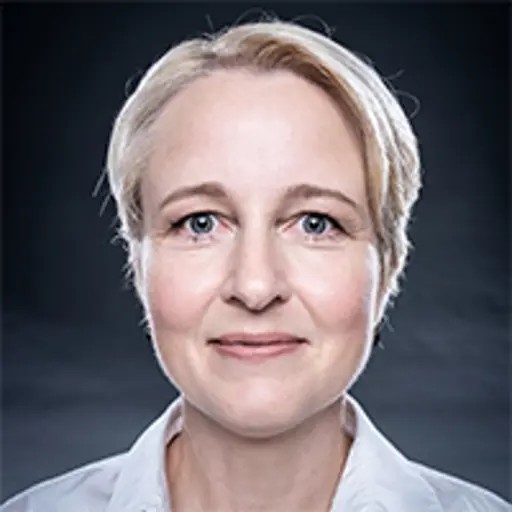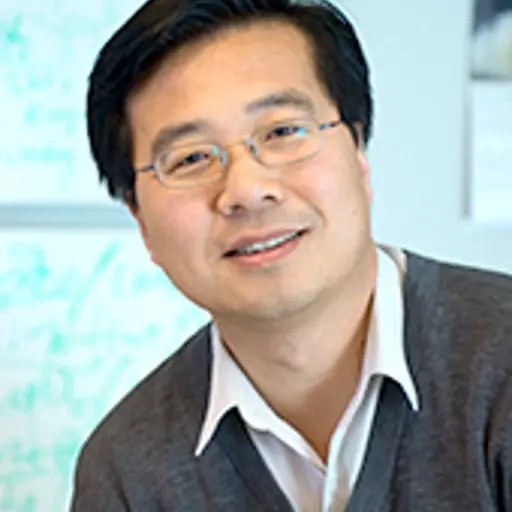Speaker Rodrigo Martinez-Duarte, Clemson University
Overview
- Date:Starts 3 September 2024, 15:00Ends 3 September 2024, 16:00
- Location:Kollektorn, MC2
- Language:English
Abstract:
Carbonaceous electrodes are a cornerstone of multiple applications ranging from sensors to energy components. There are multiple ways to derive carbonaceous electrodes, including a myriad of precursor materials and processing techniques. Beyond flat electrodes, my lab focuses on architecting selected organic precursors so they can be transformed to carbonaceous structures, including glassy carbon and metal carbides, through heat treatment. The focus is on innovating sustainable processes that allow for control of material shape and structure across multiple length scales. In this talk I will present advancements in four different technologies. I will start with the use of photolithography to fabricate carbon microelectrodes that enable bioparticle enrichment in microfluidic systems using dielectrophoresis; then present the use of robocasting, the additive manufacturing of pastes, to print lattices made of mixtures of biopolymers and nanoparticles; followed by the use of origami to structure cellulose films that can be heat treated to derive multiple carbonaceous materials. The last technique attempts to use microbial factories as tiny 3D printers of cellulose towards nanoweaving an engineered film from the bottom up. The overarching goal in all these efforts is further understanding the impact of the materials and processing on the mechanical and electrochemical properties of architected electrodes.
About the speaker
Rodrigo Martinez-Duarte is a tenured Associate Professor in the Department of Mechanical Engineering at Clemson University (CU) in the US and Head of the Multiscale Manufacturing Laboratory. His group’s expertise lies in the interface between micro/nanofabrication, carbonaceous materials, electrokinetics, and microfluidics. Rodrigo is known as the pioneer of carbon-electrode Dielectrophoresis (carbonDEP), a technique for bioparticle manipulation using carbon electrodes and microfluidics devices with application to diagnostics and therapeutics. He is also known for advancing the use of renewable materials and non-traditional techniques such as origami and robocasting to manufacture shaped geometries that serve as precursors to architected carbon and carbide structures. At the nanoscale, his group is innovating ways to use microbial factories as nanoweavers of biofibers. A recurrent theme in his lab is assessing the effect of processing on the properties of carbonaceous materials and structures at multiple length scales, towards tailoring their performance. At Clemson University he teaches manufacturing processes and their application, as well as fundamentals of micro/nanofabrication, a course he introduced to the university curricula. His awarded pedagogical approach emphasizes teamwork, critical thinking, and project-based learning that emphasizes sustainability.
Rodrigo benefits from an interdisciplinary and international background that started in Mexico (BS Electrical Engineering, Tecnologico de Monterrey) and continued in the US (MS, PhD Mechanical Engineering University of California, Irvine) and Switzerland (Postdoc Microtechnology, EPFL) before arriving in Clemson. Along this journey, he has been a visiting scholar in Spain (Universitat de Barcelona), India (IIT Kanpur), South Korea (UNIST), and now Sweden (Chalmers). Besides research, he has an extensive track record of service and leadership to different constituencies. He is the recipient of the Public Impact fellowship at UC Irvine in 2010; in 2019 both Junior Faculty Eastman Award for Excellence in Mechanical Engineering, and the Esin Gulari Leadership and Service Award in Engineering at Clemson; in 2021, the Impact Award from the Hispanic Latinx Heritage Month; in 2022, the Murray Stokely Award for Excellence in Teaching at CU; and in 2023, the Provost Senior Tenured Outstanding Teaching Award and the Phil Prince Innovation in Teaching Award at CU. Also in 2023, the Distinguished Service Award from the AES Electrophoresis Society due to his extensive service, including President, to the society.

